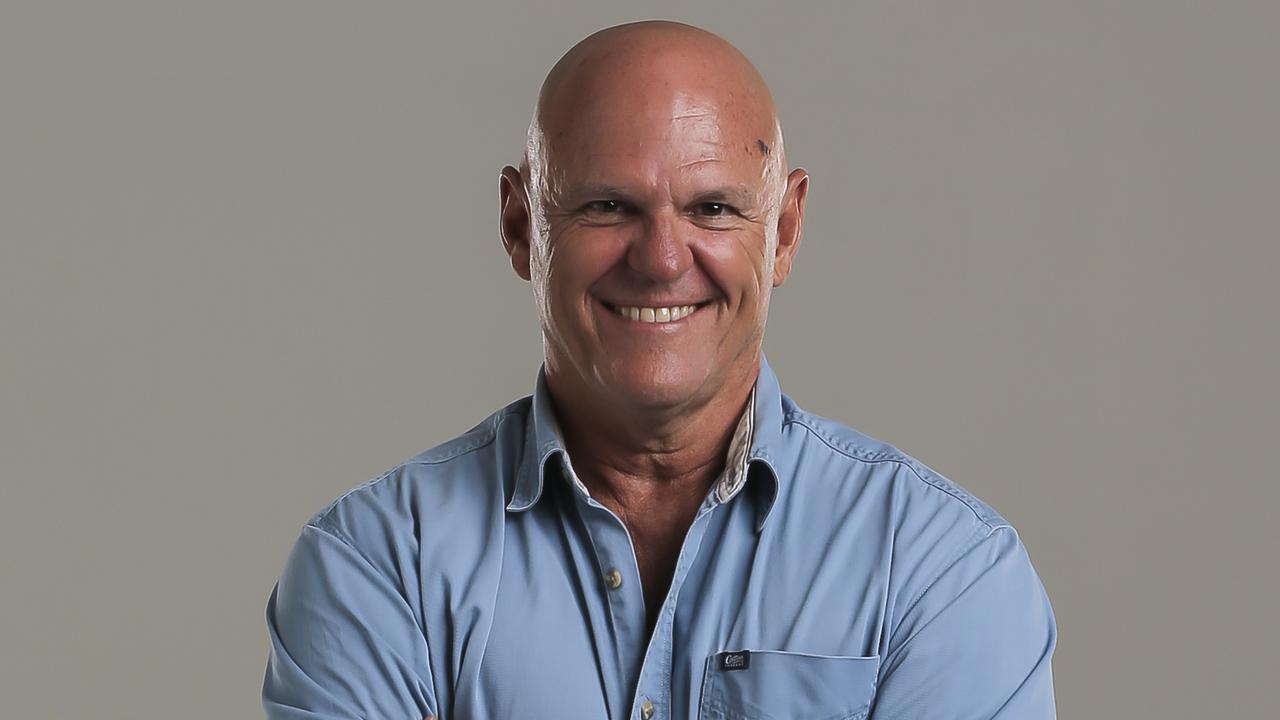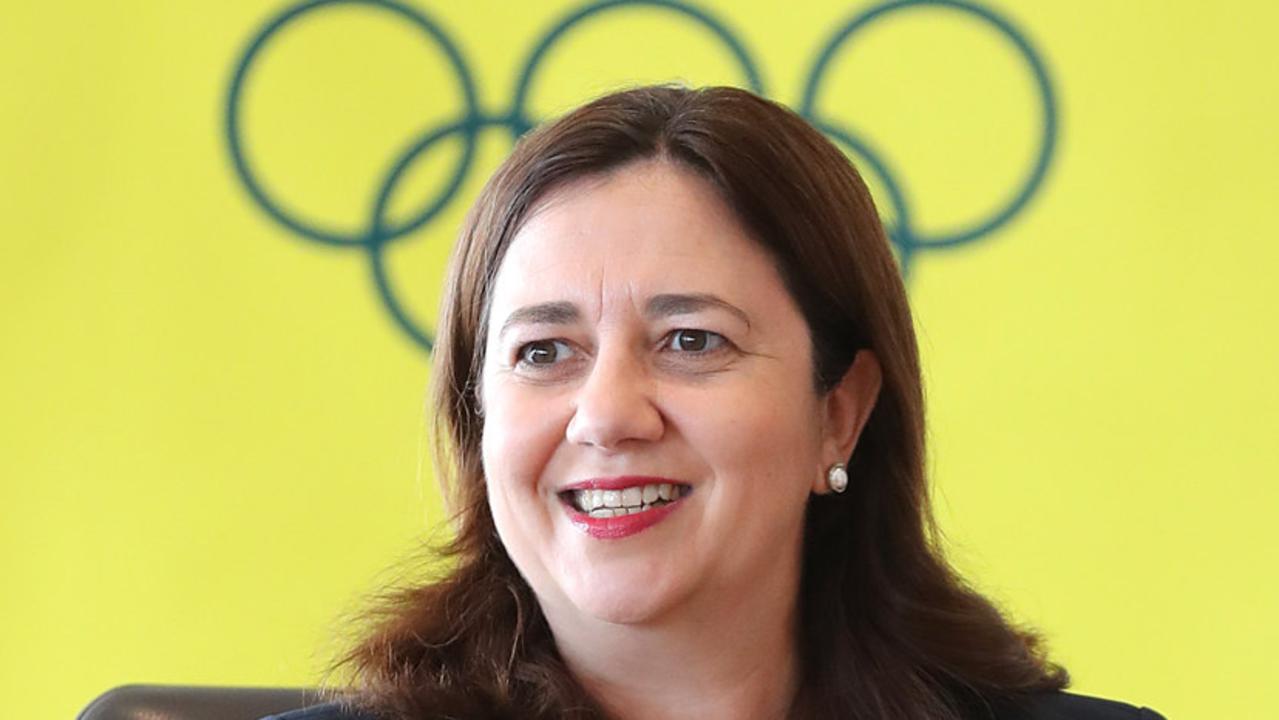Republic will come when politicians, public agree
THE release of federal Cabinet papers from 1995 has again sparked furious debate about a republic, fuelled by inflammatory comments from the prime minister at the time, Paul Keating.
Opinion
Don't miss out on the headlines from Opinion. Followed categories will be added to My News.
THE release of federal Cabinet papers from 1995 has again sparked furious debate about a republic, fuelled in no small part by some inflammatory comments from the prime minister at the time, Paul Keating.
Prime Minister Malcolm Turnbull, Mr Keating said, “has little or no policy ambition and commensurably little imagination, no system of prevailing beliefs … was (his republicanism) just Malcolm being another chameleon … ?”
Mr Keating, alongside Mr Turnbull – the then head of the Australian Republican Movement and chairman of the Government’s republican advisory committee – has been an ardent proponent of Australia appointing our own head of state. Yesterday’s spray at Mr Turnbull and the prime ministers who succeeded Mr Keating for failing to take decisive action on a republic may have been heartfelt, but they are less than helpful to the cause.
A republic is a divisive enough issue, without personality and vainglory being thrown into the mix. A referendum on the issue in 1999 was roundly defeated, and recent polling indicates only a very narrow (51 per cent) majority of voters support such a radical change.
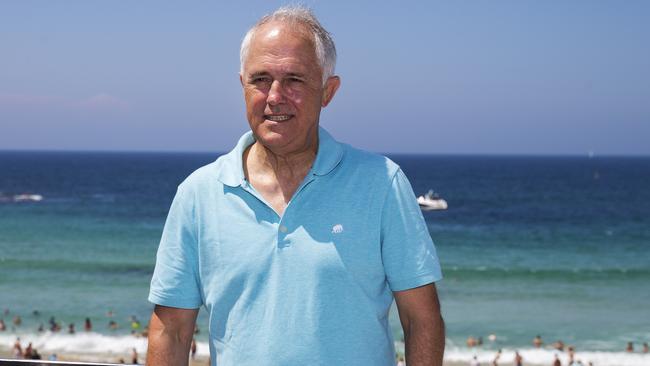
In this climate, as Prime Minister Turnbull noted yesterday, pretending that there is an appetite for change when there isn’t one would be a waste of time, energy and political capital.
As voters have demonstrated numerous times since Federation, the chances of passing a referendum question are slim, with the last successful Constitutional change being approved in 1977.
Seldom, even in the absence of a party political divide on the issue, will voters opt for major change unless there is already a strong groundswell for reform.
This is the sort of popular support that saw voters achieve what years of parliamentary bickering could not, and opt overwhelmingly in favour of marriage equality in the recent postal survey on the issue – a result which has since been enshrined in law. And that result was achieved only after public opinion made change all but inevitable, with consistent polling showing a clear appetite for reform.
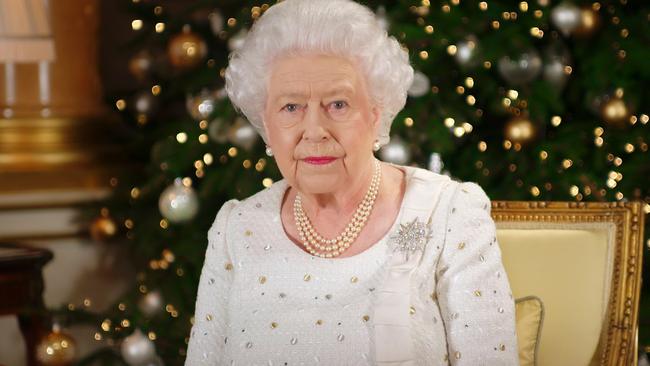
For an issue as potentially nation-changing as a republic, the public and our political leaders need to be reading from the same page, or any referendum question will be doomed to fail.
Achieving this relative unanimity of opinion would, as Mr Turnbull acknowledged, be highly unlikely while the Queen remains on the throne.
If her reign is to end while he is still Prime Minister, Mr Turnbull has sensibly proposed a plebiscite – or possibly a poll similar to the recent marriage equality survey – to first gauge support for the model that would be used to appoint an Australian head of state.
This was what brought down the republican push in 1999, with supporters unable to agree on whether the president should be directly elected by the people, or appointed by a bipartisan two-thirds majority of parliament in a joint sitting.
Here, with the spectre of Donald Trump – elected on a wave of populist rhetoric and billions in campaign funds – looming large in the background, the case for a parliamentary appointed Australian leader is a solid one.
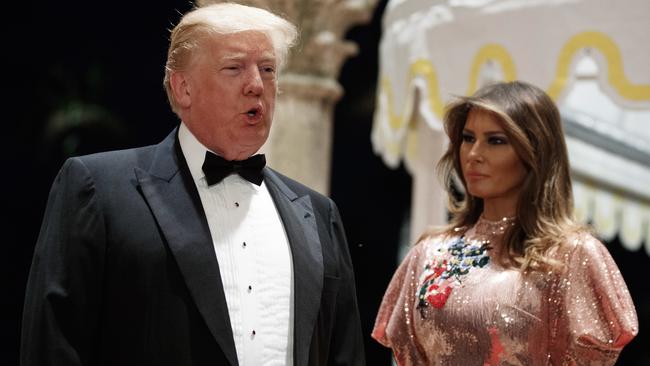
Ultimately, more than 200 years after this land was first colonised by British settlers, this is a step Australia will and should take. It does not mean severing our ties with Great Britain, or dropping out of the Commonwealth of Nations.
In fact, fewer than one in three of the Commonwealth’s 52 member nations retains the Queen as its head of state. Nor should it mean conferring any more powers on a duly appointed Australian head of state than the Governor-General currently has.
On the other hand, there is no evidence to back Mr Keating’s rather hyperbolic claim that “Australia is a diminished country” because our ultimate head of state is the British monarch.
This is ultimately a reform that will only be won by patience, common purpose and the most careful crafting of a proposal that is acceptable to a clear majority of the Australian people and a majority of states. It is a reform worth undertaking, especially for a strong and growing middle power such as Australia, but haste will achieve nothing.
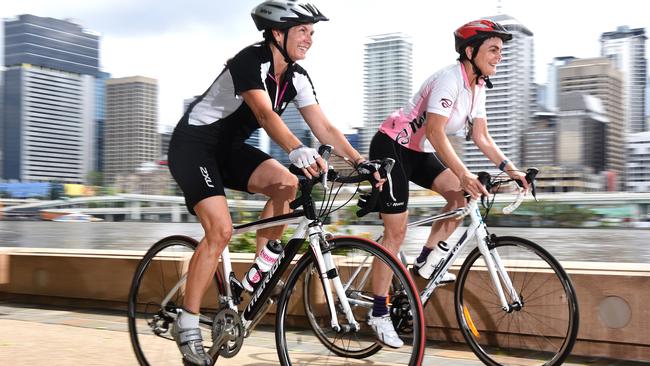
PEDAL POWER TO THE PEOPLE
THERE is a simple formula that increases fitness, saves money and takes cars off our roads, and it would appear Brisbane is embracing it with gusto.
In the past five years the number of people cycling to work on our city’s ever-growing network of paths and dedicated bike lanes has grown 20 per cent, and now 800,000 Queenslanders ride on a weekly basis.
For the workday commuter this may be mostly those fortunate enough to live within a few kilometres of the CBD, but it is a trend that is taking vehicles off the streets at peak hour, reducing pollution and keeping Queenslanders active and healthy.
This is clearly not a fad, but a logical and sensible response to growing congestion, high fuel costs and crowded public transport that should be embraced.
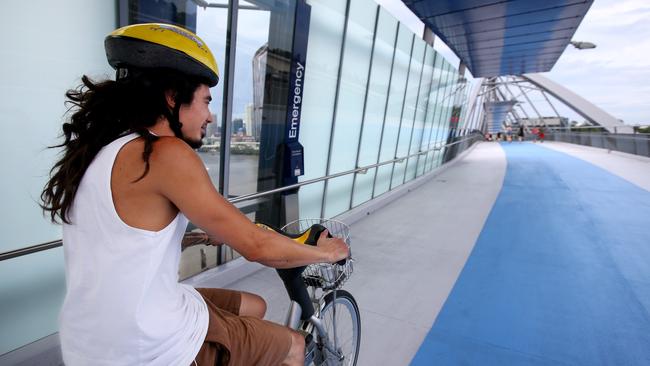
What is needed, in conjunction with continuing investment in our bike corridors, is acceptance by both cyclists and motorists alike that the roads are to be shared and respect must be shown for other road users regardless of their choice of transport.
Get on your bikes Brisbane, and if you can’t, then respect those who do.
Responsibility for election comment is taken by Sam Weir, corner of Mayne Rd & Campbell St, Bowen Hills, Qld 4006. Printed and published by NEWSQUEENSLAND (ACN 009 661 778). Contact details are available at couriermail.com.au/help/contact-us

